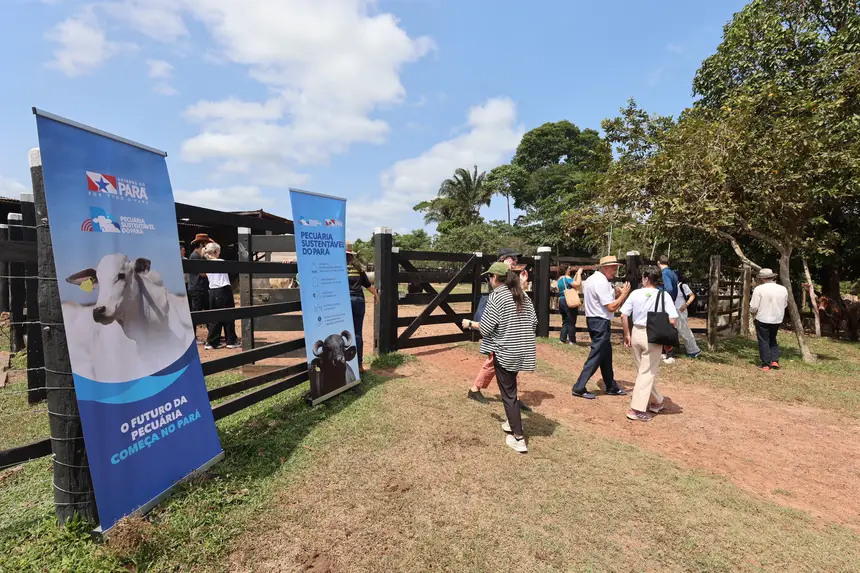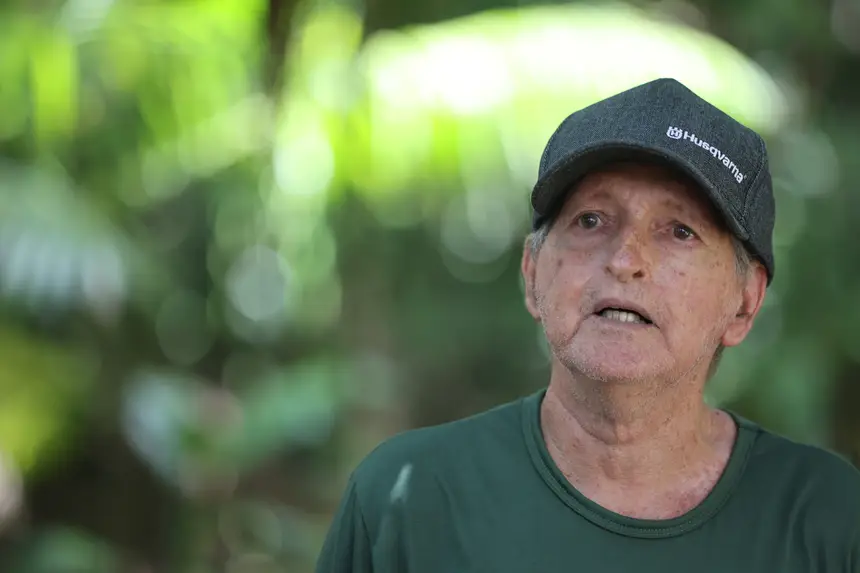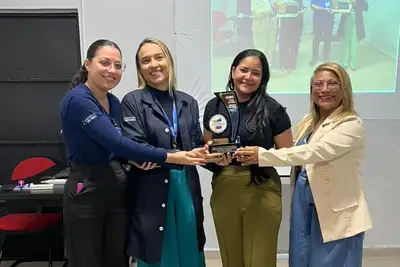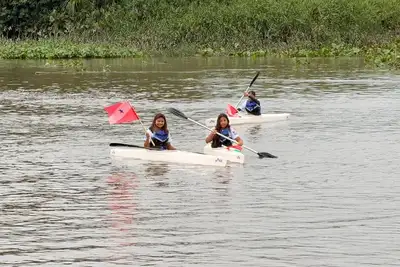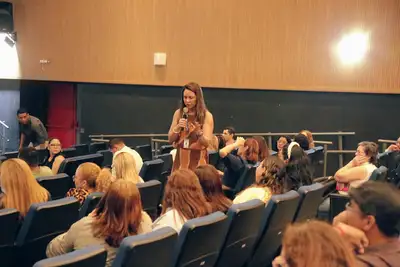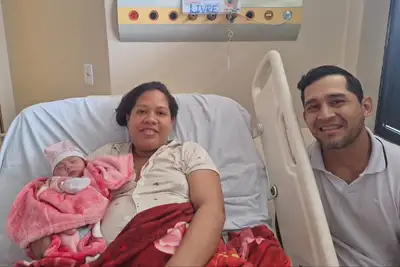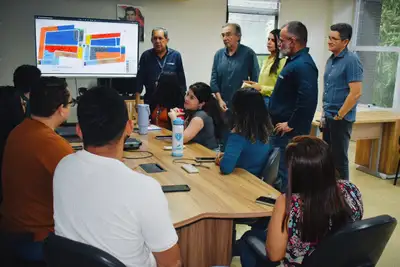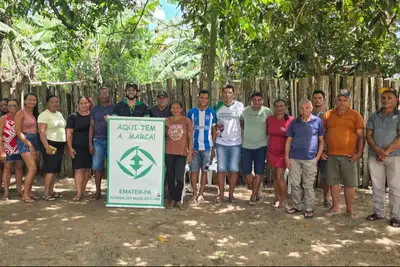Norwegian Climate Minister Visits Pará's Sustainable Livestock Farming Program
Pioneering initiative in the country encourages producers to adopt good management practices, pastures, and agriculture while preserving standing forests.

After achieving international recognition for a foot-and-mouth disease-free herd without vaccination, the Government of Pará encourages rural producers to adopt new livestock practices, balancing economic development with high productivity, meat production with sanitary control, while preserving standing forests through the Sustainable Livestock Farming program.
The Norwegian Climate Minister, Andreas Bjelland Eriksen, visited last Sunday (16) the Santana Farm in Inhangapi, a rural property recognized for good agricultural practices in the northeastern region of Pará. The visit of the Norwegian delegation is part of the agenda during COP 30.
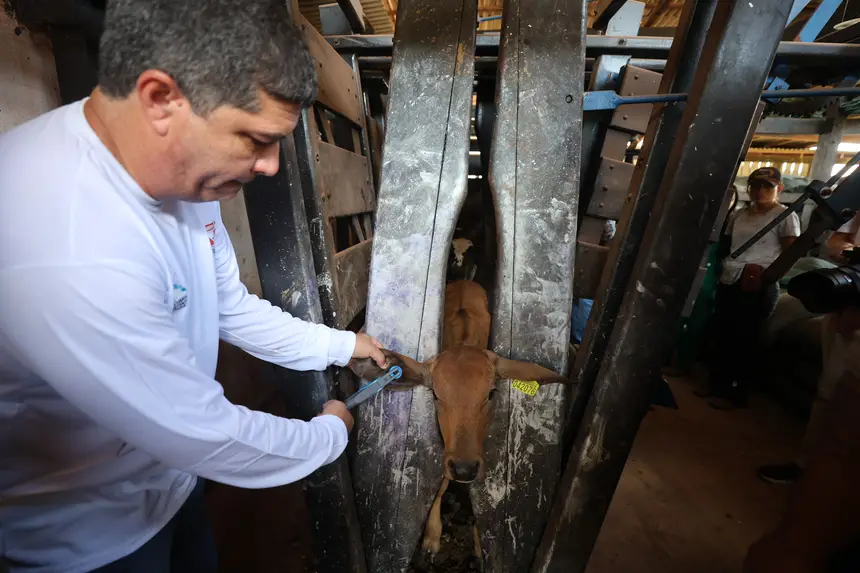
The group learned about the ear tagging process, which involves the individual identification of cattle and buffalo through numbered ear tags and electronic chips with Bluetooth reading. The location maintains about 300 cattle and also cultivates açaí, different types of bees for honey production, and other crops.
One of the program's axes, conducted by the Pará Agricultural Defense Agency (Adepará), the Cattle Traceability System (SRBIPA), reaches over 300,000 individually identified cattle in 1,105 livestock operations across 80 municipalities in the state.

"This is another important step in strengthening Pará's sustainable livestock program. This project provides an opportunity for family farmers, small and medium producers to access the tools that the government is offering and aligns with the desire for a conserved Amazon with its standing forests," pointed out the Secretary of State for Family Agriculture, Cássio Pereira, during the visit.
With individual animal identification, rural producers can manage and control the herd on the property with vaccination histories, age, and origin. "Traceability allows us to control the animals internally, know the origin of the animal when selling or buying, in addition to having sanitary control. Receiving the delegation's visit is a great encouragement to continue preserving nature," said rural producer Manoel Cid.
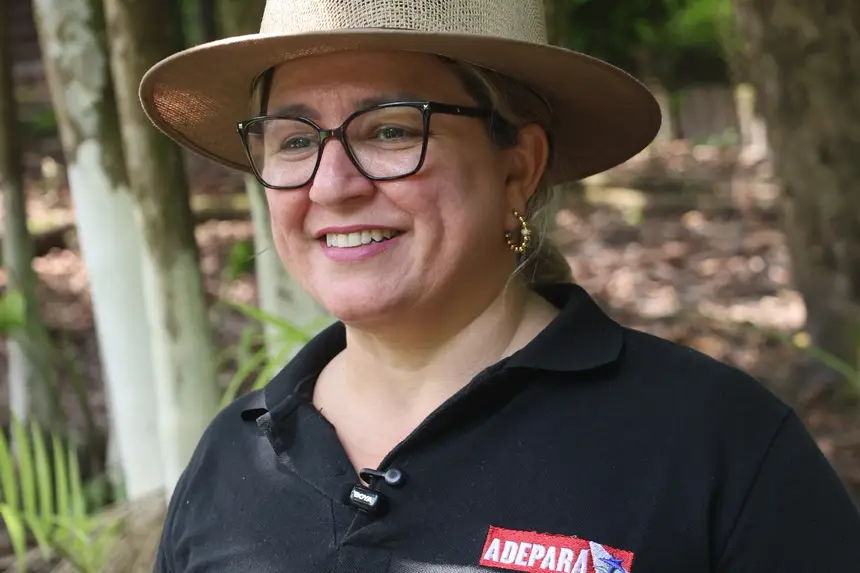
Partnership for Sustainable Production
"We are happy to have come to Brazil, to see this reality, to see things happening," said Minister Andreas, who informed that Norway, which already supports the initiative in Pará, has extended the contract until 2035, "so that it is possible to continue this story" of producing safely, with quality and preserving the forest.
Adepará conducts the process known as "ear tagging" for producers with up to 100 animals. Just look for the units in the municipalities and collect the identification tags.
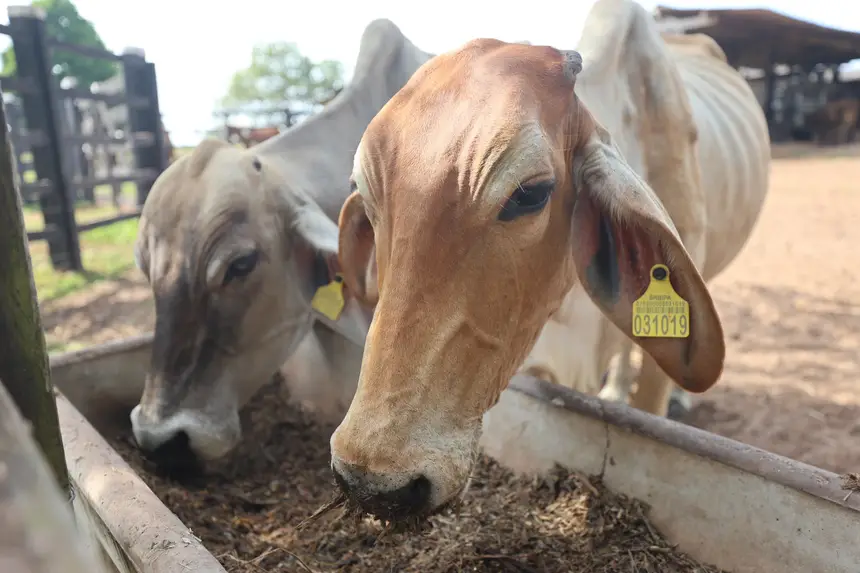
“Our challenge during the animal identification process is enormous; the state has been a pioneer and has been a showcase. The visit from the Norwegian minister is extremely important to understand the animal identification process, the traceability system. Pará has been working hard to evolve the process, and these partnerships are fundamental for the advancement of the program,” comments Graziela Oliveira, director of Defense and Inspection at Adepará.
Enhancing Production
"For us to have a market, that is, for me to sell to any other state in Brazil and also to another country, I need to have a serious, secure, and transparent sanitary defense agency that has the backing to guarantee this product in sanitary matters," stated cattle rancher Mauro Lúcio Costa about the importance of traceability conducted by the Government of Pará.

The field visit was conducted by Adepará, SEAF, The Nature Conservancy (TNC), Federation of Family Agriculture Workers of Pará (FETRAF), NatCap, and IDH, reinforcing the state's role in encouraging producers to adopt good livestock practices, using management tools, technology, and food safety.
Pará's Traceability System
Starting January 1, 2026, all movements of cattle and buffalo in the state must be accompanied by the GTA and the individual identification of SRBIPA (Official Cattle Traceability System of Pará). Starting January 2027, all herds must have individual identification, according to the program's goals. Look for Adepará in your municipality and identify your herd.
*Text with collaboration from Tânia Menezes


